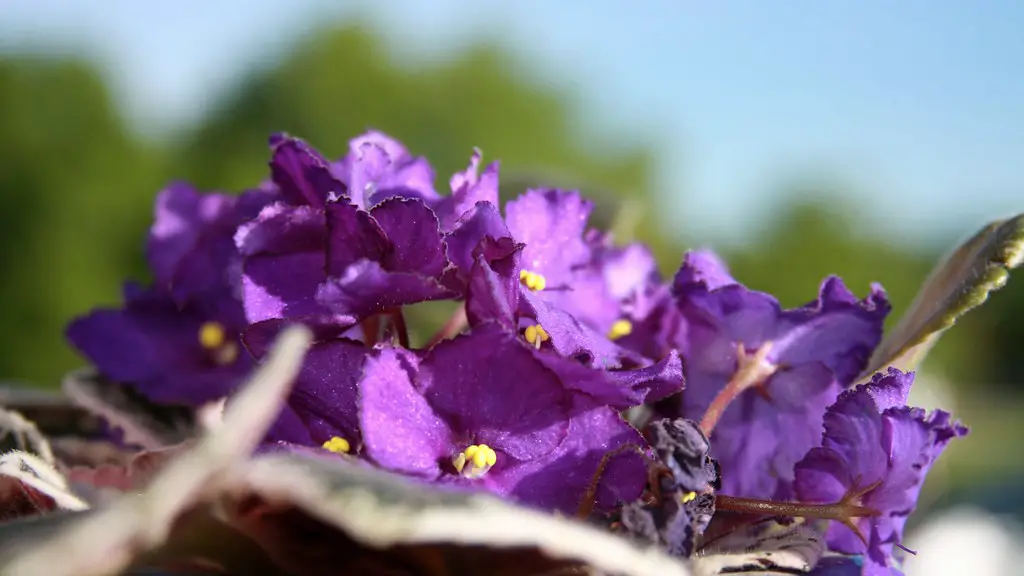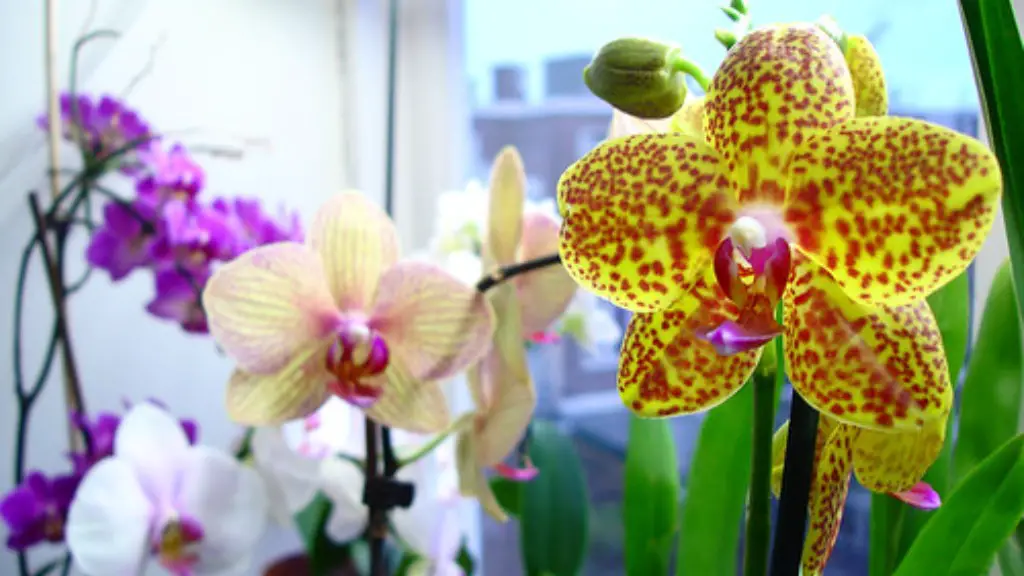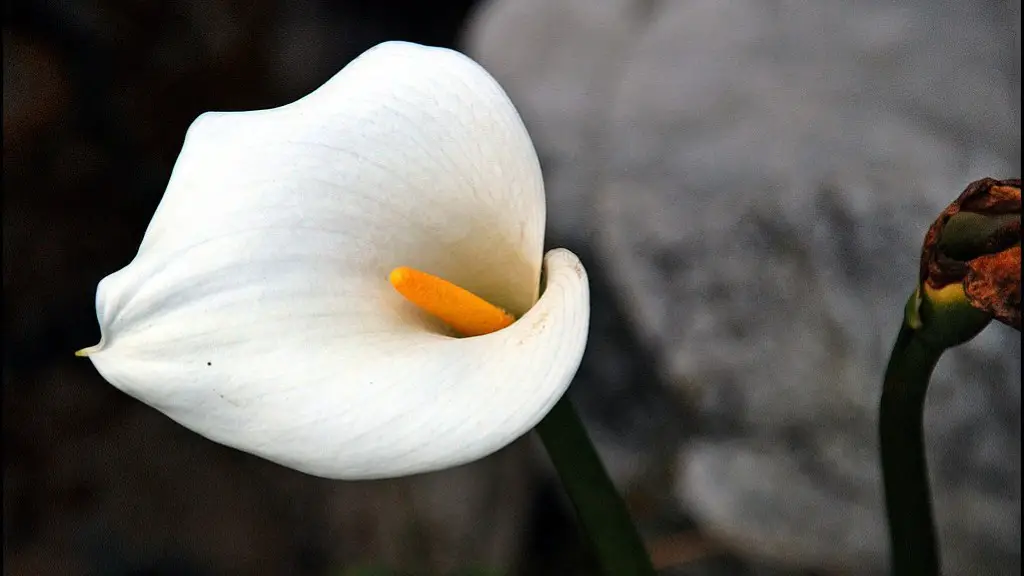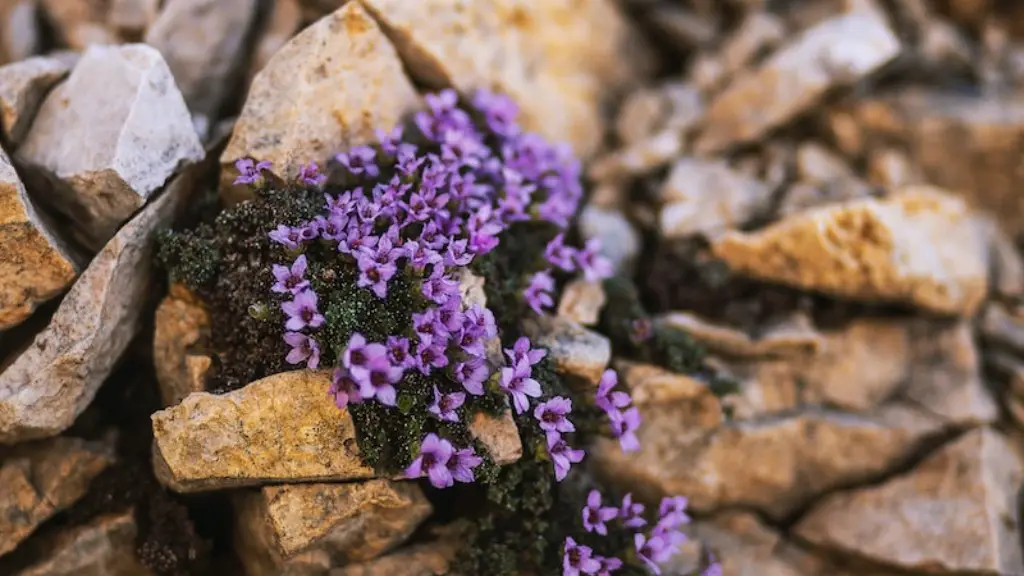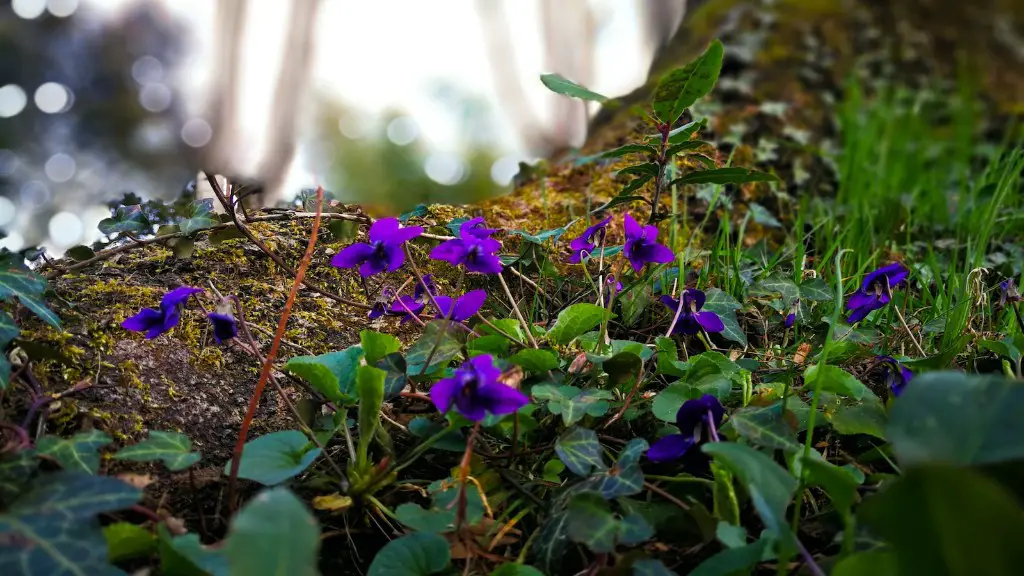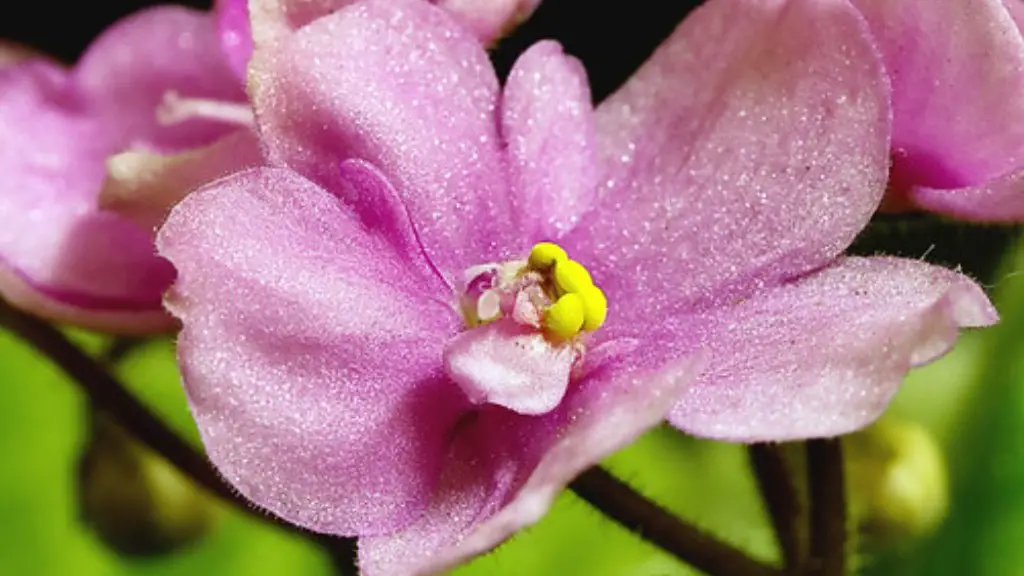In order to maintain healthy African violets (Saintpaulia ionantha), it is important to give them the right type and amount of food. They are heavy feeders and will require fertilizer more often than other houseplants. A diluted all-purpose fertilizer or one specifically formulated for African violets can be applied every two weeks during the growing season. Reduce fertilizer to once a month during the winter.
Use a well-draining potting mix and water when the top of the soil is dry. Apply a balanced liquid fertilizer every other week during the growing season.
Are coffee grounds good for African violets?
Coffee grounds are slightly acidic and contain nitrogen, which helps plants grow healthy foliage. Occasionally sprinkling used coffee grounds on top of your African violet potting soil can be good for the plant.
If you want your African Violet to stay healthy throughout the year, you need to fertilize it regularly. During the spring and summer, you should fertilize your African Violet once every two weeks. However, in the fall and winter, you should not fertilize the plant at all to prevent over-fertilizing.
Can you use regular Miracle Grow on African violets
This is a general purpose fertilizer that can be used on all varieties of African violets and blooming houseplants. It is a balanced fertilizer that contains all the essential nutrients needed for plant growth.
Epsom salts are a great way to provide your plants with essential magnesium and sulfur. These two minerals are needed to produce beautiful blooms and healthy foliage. To use, simply mix one and a half teaspoons of Epsom salts in a quart of tepid water and swirl to dissolve. Then, water your African violets (below the leaves) with this solution once a month.
What is the best African violet food?
African violets are a type of plant that can benefit from using a fertilizer that is specifically designed for them. This type of fertilizer is typically well-balanced and contains all of the major plant nutrients (nitrogen, phosphorus, and potassium). Nitrogen is especially important for the growth and development of leaves and stems.
African violets are best kept in an environment with 10 or more hours of bright, filtered light. They should never be exposed to direct sunlight, as this can scorch the leaves. The soil should be kept moist but well drained; too much water can lead to root rot.
Should African violets be watered from the top or bottom?
It is important to keep the roots of African Violets moist, but never soggy. Watering from the bottom will help to keep water out of the crown of the plant. African Violets like warmer water, around 70 degrees.
A wicking system is a great way to make sure your African violets are never over watered. Simply water the plant once a week and allow the plant to completely dry between waterings. The wicking system will gradually water the plant as needed and help to keep the soil moist.
Is it best to water African violets from the bottom
Watering your plant is important to maintain its health and encourage blooming. Make sure to keep the soil moist to dry, and allow the soil around the roots to dry out before watering again. It is best to water from the bottom by placing the plastic grower’s pot in water and allowing the plant to absorb the water for no more than 30 minutes.
African violets need bright, indirect light to thrive. A site near an east or north window is often a good location. If a suitable window isn’t available, African violets can be placed under a fluorescent light fixture containing two 40-watt fluorescent tubes.
How do I know when my African violets need water?
This is definitely sage advice when it comes to watering African violets! Feeling the top of the soil is the best way to determine whether or not the plant needs watering. Allowing the plant to dry out between waterings is also key in preventing overwatering, which as we all know, can be lethal to a plant.
African violets need bright light to bloom, but hot, direct sun will scorch their leaves. Violets bloom best in temperatures from 65-75 degrees.
Do African violets like to be misted
Water your African violet carefully to avoid leaf spotting and crown rot. Use room temperature water and avoid wetting the foliage. Instead, focus on watering the soil around the plant.
Since the quality of tap water can vary, it’s best to use filtered or distilled water for your African violets. Chlorine levels in tap water may fluctuate depending on the season, and in some areas the water may have high levels of chlorine, chloramines, or dissolved solids. All of these can adversely affect your plants.
How do you keep African violets healthy?
African violets are delicate plants that prefer bright, indirect light. They should be kept out of direct sunlight to avoid burning their sensitive foliage, and at least a few feet away from bright south- or west-facing windows. An east- or north-facing window gives them the best lighting without the risk of burning. Artificial lighting works well, too.
If your African violet is not blooming, there are a few things you can do to encourage it to flower again. First, make sure it is getting enough light – African violets need bright, indirect light to bloom. You can also turn up the humidity around the plant, either by using a humidifier or by placing the pot on a tray of pebbles and water. Additionally, replenish the plant’s essential nutrients by fertilizing it every two weeks with a special African violet fertilizer. Finally, keep the plant’s environment pleasant – African violets prefer temperatures between 65 and 75 degrees Fahrenheit and does not like drafts. If you follow these tips, your African violet should start blooming again in no time!
Warp Up
There are many possible answers to this question, as there are many different types of African violets. Some common options for feeding African violets include using a specialized African violet fertilizer, or adding a small amount of bone meal or other phosphorus-rich fertilizer to the potting mix.
African violets are typically easy to care for and are not too particular about their food. A general purpose fertilizer will work just fine. However, it is important to remember to dilute the fertilizer before applying it to the soil, as too much fertilizer can burn the roots of the plant.
